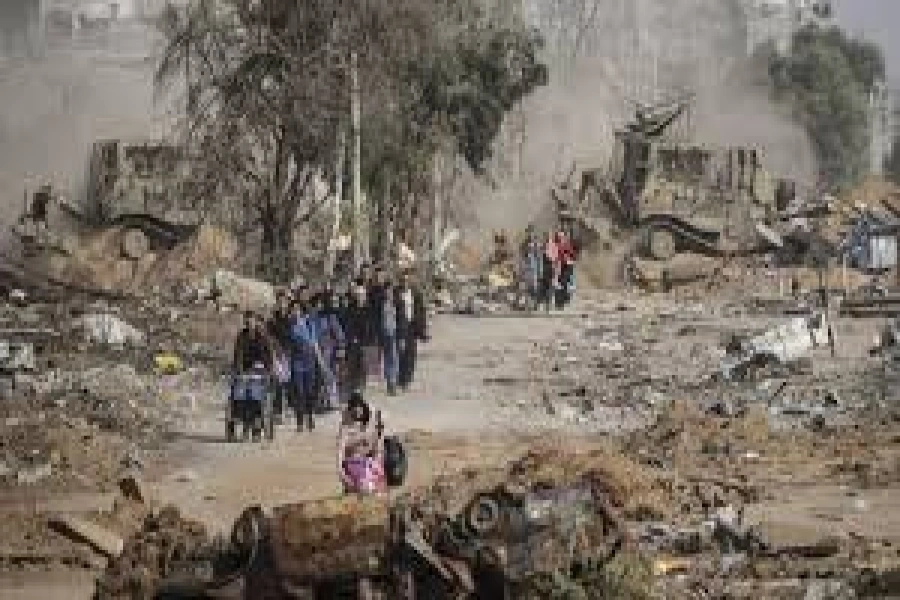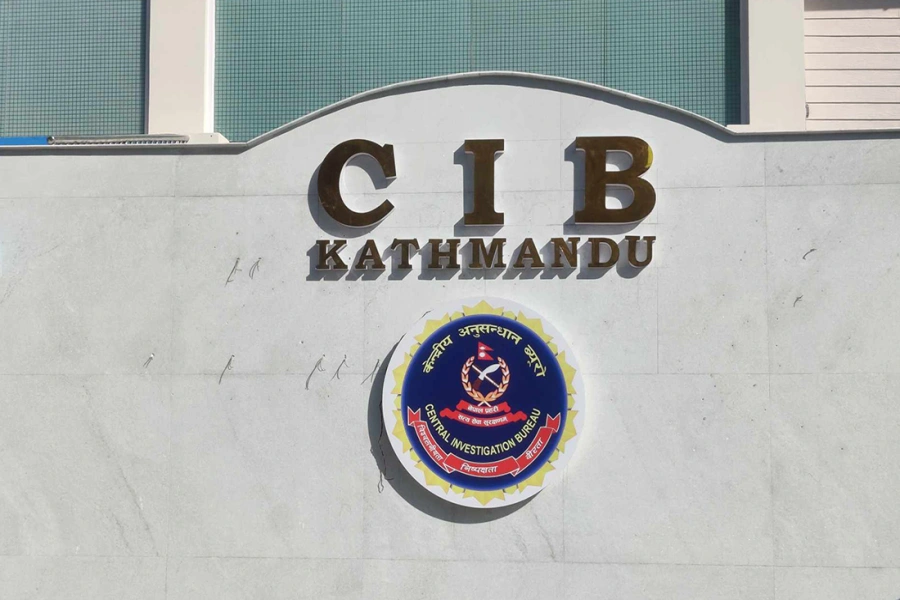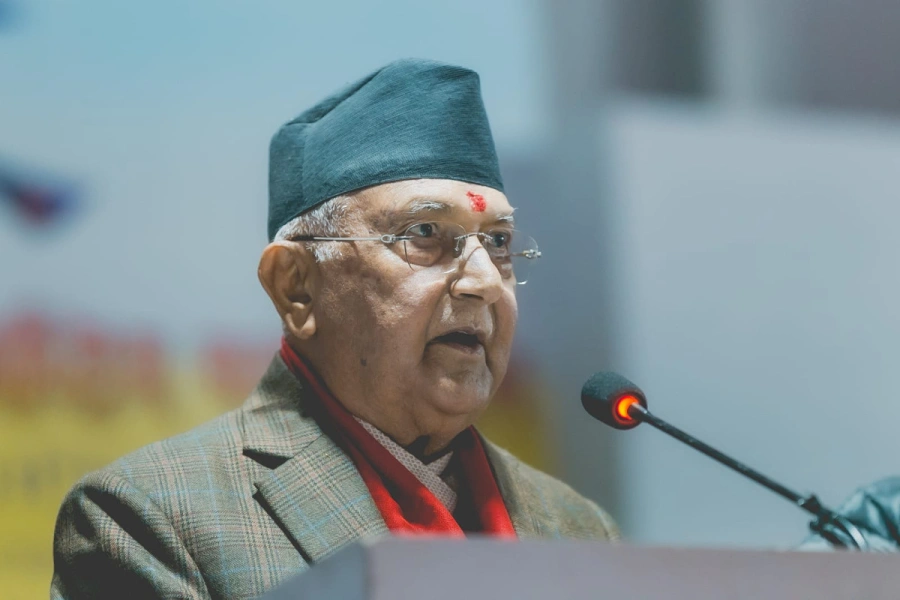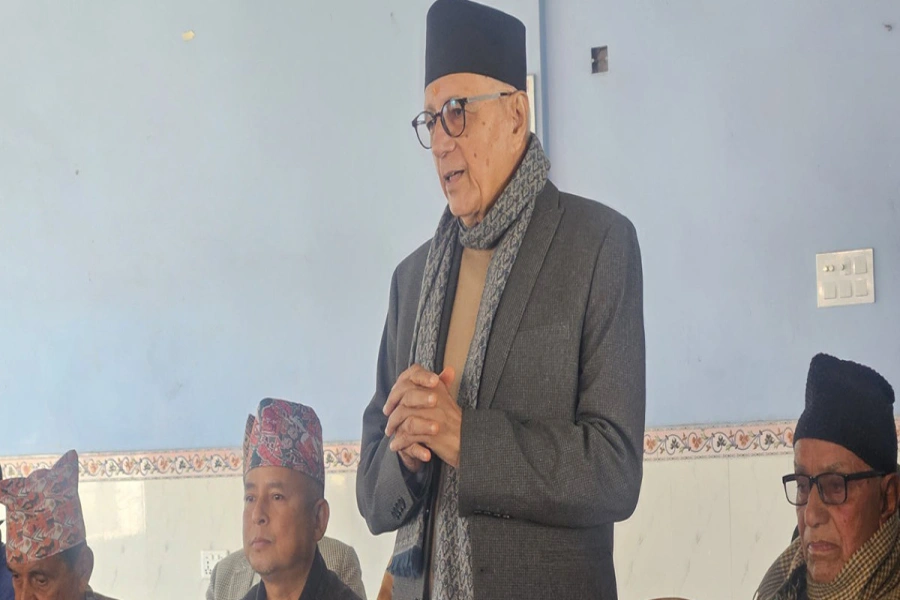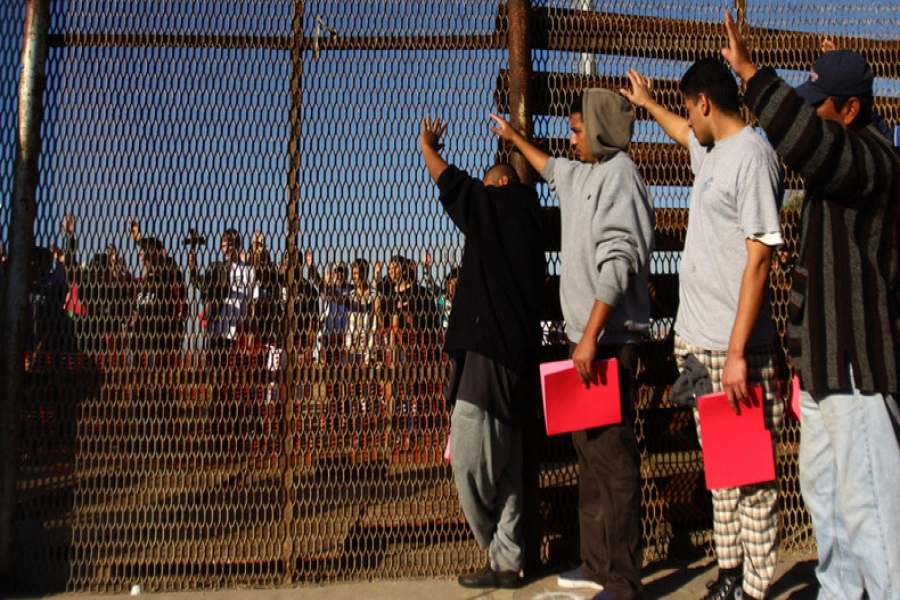As an uncertain exercise of trial and error, Nepal’s two biggest political parties, Nepali Congress Party and United Marxist Leninist Party have some sort of realization that a duopoly or two party system could be beneficial for their decisive role in politics and political stability in Nepal. Many senior leaders of these parties have expressed their interests for a two party system. With respect to this, they opine that a single majority cannot be achieved with the current mixed electoral system of first-past-the-post and proportional representation voting system. Under this electoral system, the presence and maneuvering of small parties in parliament through proportional representation prevent the country from ever achieving political stability, which the smaller parties reject. This system was designed to accommodate minorities and marginalized groups but it became the cause of frequent changes in government and this gives smaller parties too much power and opportunity to shift allegiances.
Nepal has gone through a series of experiences within a short span of time that this electoral system, based on selective proportional representation, has been the cause of hung parliament and downgrading larger parties compared to fringe parties during government formations. For instance, as a result of the hung parliament, Maoist Center Chairman Pushpa Kamal Dahal with 32 members in the House of Representatives had to navigate a situation where Congress and UML leaders were practically at war to make him the prime minister several times. Under the present system, even the leaders of smaller parties such as Madhav Kumar Nepal of CPN Unified Socialist, Upendra Yadav of People's Socialist Party Nepal and Rabi Lamichhane of Rastriya Swatantra Party were considered to be strong contenders for the prime minister’s post.
As a consequence of this, the larger parties are interested in a two party system in Nepal, which has been strongly rooted in politics of many developed and developing countries. Under this system, two larger parties are being divided into two political philosophies – the hardliner and relatively soft-liner. Parties of such natures, in the United States of America are – Republican Party and Democratic Party, in India – Bharatiya Janata Party and Indian National Congress, in Bangladesh Awami League and Bangladesh Nationalist Party, in Russia -United Russia and Communist Party of the Russian Federation (CPRF).
Revised interest rate corridor system introduced

In economic terms, a duopoly is a type of oligopoly where two firms have dominant or exclusive control over a market, and most of the competition within that market occurs directly between them. In a duopoly market, decisions made by each seller are dependent on what the other competitor does. And the only two interdependence sellers, make it difficult for new firms to enter the market. Boeing and Airbus have been considered a duopoly for their command of the large passenger airplane manufacturing market. Similarly, Apple and Samsung dominate the smartphone market. With these two companies in the business of producing passenger planes and smartphones, the market share is highly concentrated on them. Visa and Mastercard are also considered a duopoly. Similarly, in Nepal, telecommunication service providers Nepal Telecom and Ncell have a duopoly in the Nepalese telecommunications industry. The mass media industry is presently dominated by two players, namely Kantipur Media Group and Nepal Republic Media Ltd. In the international flight segment of Nepal, the state-owned Nepal Airlines and Himalaya Airlines have duopoly characters.
Under duopoly, the two companies decide collaboratively to split the market between one another. If one company alters its production levels, the other company must also alter its production to maintain the equilibrium of a 50/50 split of the market. If competition arises between these two companies, the consumers will choose the lower-priced product when given two choices of equal quality. This implies that the two companies in the duopoly will engage in a price war to gain market share.
Like a market, a political system can be captured by two large parties, which exclude other parties or ideologies from better participation. One party or the other tends to dominate government at any given time (the majority party), while the other has only limited power as opposition. As the duopoly system functions and serves for the benefit of two political parties, it becomes compulsory for the general public to pick one of two big parties. There are plenty of reasons why duopolies exist - there are all sorts of advantages to being big, not only in politics but also in all affairs of the state which leads big parties to get even bigger, gobbling up smaller and essentially dictating the rules of their interest. Smaller-scale ideas are cute, but they're not winning. What’s winning is dominance which is possible under duopoly.
The smaller parties in Nepal would certainly not like and oppose the idea of a two-party system as it would curtail their central role during formation of government. The opponents opine that a two-party system downplay alternative views, being less competitive with a perception of fewer choices. It may not promote inter-party compromise but may encourage partisanship. And it could lead to a better "centralization of policy expertise" in government by curtailing the power of fringe parties in selecting marginalized communities under proportional representation in the House of Representatives.
Although the bigger two parties have the capacity to win the elections under duopoly and it has been described as the two-party system, but, in reality they are referred to as multi-party systems or a two-party plus system. There is not always a sharp boundary between a two-party system and a multi-party system. Most of the successful countries in the world have a two party system under the multi party system. The two-party system promotes centrism with fewer voter choices but it can also lead to political stability and economic growth. Moreover, under this system, it is simpler to govern, with less friction and greater harmony.
The Nepali Congress and the UML have agreed for a constitutional amendment under a seven points agreement during the formation of a new government under Premiership of KP Sharma Oli. Under the agreement for constitution amendment, it has been stated that the new government will assess the Constitution's performance, address its weaknesses, and make necessary amendments for political stability. According to media reports, among other high priority issues in constitution amendment, they would focus on shifting proportional representation to the upper house from lower house and only the first-past-the-post voting system would remain in the lower house. This would enable bigger parties to be in the political driving seat by taking politics towards a two party system and more stability and the proportional representation would remain in another form in the upper house. Based on experiences in some countries, reservation of seats for specific ethnicities have been found, among other things, to cause conflicts and to endanger democracy and the survival of the state in the long run.



